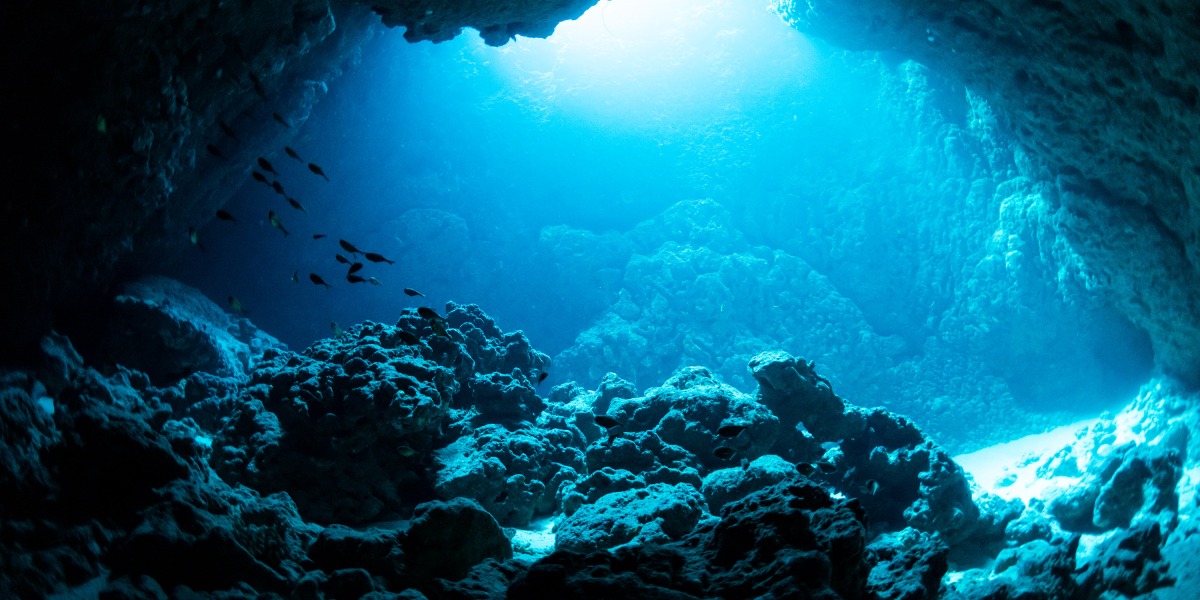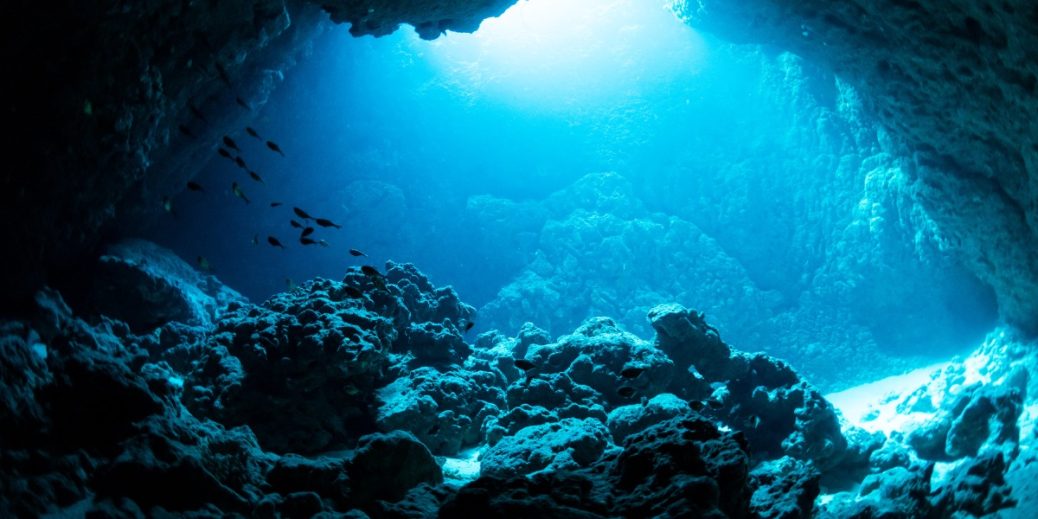
To support MIT Technology Review’s journalism, please consider becoming a subscriber.
Other research groups have also recently found that dissolving olivine in filtered and artificial seawater produced less of an increase in alkalinity than expected, the study noted. Still another recent preprint paper found similarly confounding results for other minerals that had been expected to boost ocean alkalinity.
Meanwhile, several additional studies recently raised doubts about a different ocean-based approach: growing seaweed and sinking it to suck up and store away carbon.
Finding viable ways to pull down greenhouse gases will be vital in the coming decades. A National Academies report in December on ocean-based carbon removal noted that the world may need to suck up an additional 10 billion tons annually by midcentury to limit warming to 2 ˚C.
Boosting ocean alkalinity could theoretically remove tens of billions of tons each year on its own, according to the research group Ocean Visions. But the National Academies panel noted that it will require extracting, grinding, and shipping rocks on roughly similar scales, all of which would have substantial environmental consequences as well.
The new studies haven’t delivered the final, definitive word on whether any of these methods will be feasible ways of helping to reach those carbon removal targets.
But Michael Fuhr, one of the authors of the olivine study and a doctoral student at GEOMAR, says their findings do suggest that this approach is “not as easy as expected until now.” He adds that it may work well only in certain places where the ocean chemistry is right. That could include areas where the waters are low in salinity but rich with organic sediments, which will increase acidity.
Fuhr and others say that additional lab experiments and fieldwork will be needed to determine how well this method works in the real world, what the ideal conditions are, or whether other materials are more promising.
Maria-Elena Vorrath, a researcher at the Alfred Wegener Institute for Polar and Marine Research, said in an email that the study shows the olivine process doesn’t work the way we assumed. But she stressed that the mineral remains “one of the most permanent and promising methods nature gives us.”






Recent Comments